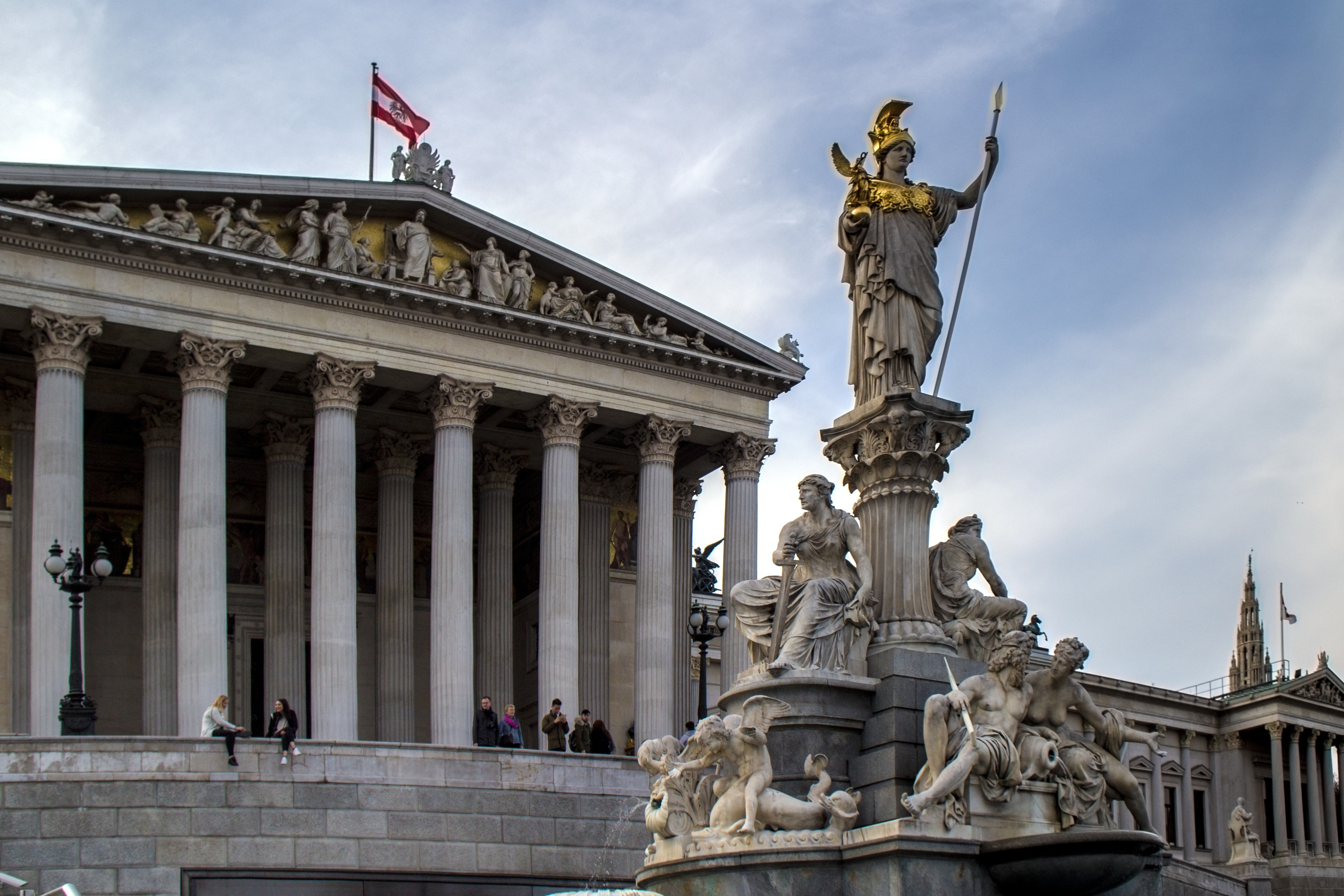
The Austrian Parliament with the Goddess Justicia.
© domeckopol / Pixabay
In Austria there are no rules for public participation in legislation. This is why it happens again and again that draft laws are not published at all or are published too briefly for a detailed examination. As has been shown, such laws often suffer from the fact that no expertise from civil society and other stakeholders has been obtained and often have to be fixed after only a short time.
Many people today consider the exclusive representation by the government and parliament to be insufficient. The scarce opportunities for participation promote disenchantment with politics and democracy. As a result, many feel decoupled from the political system and question the value of parliamentary democracy. The result is a call for more direct democracy in the form of binding referendums.
However, we take a critical view of this and are more in favour of instruments such as the Citizens' Council, which support public participation from the outset rather than at the end of a decision-making process. Together with other civil society actors, ÖKOBÜRO is therefore committed to
- enable early and systematic participation of organised civil society,
- improve public participation in the parliamentary process, and
- promote direct-democratic instruments such as the Citizens' Council, in which randomly selected people prepare decisions for parliament and government with the support of experts.